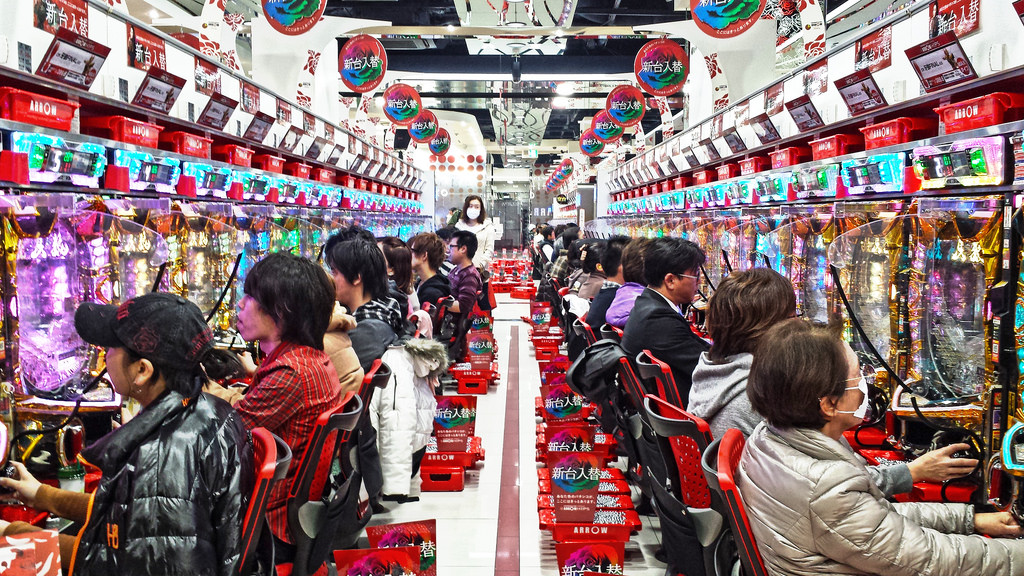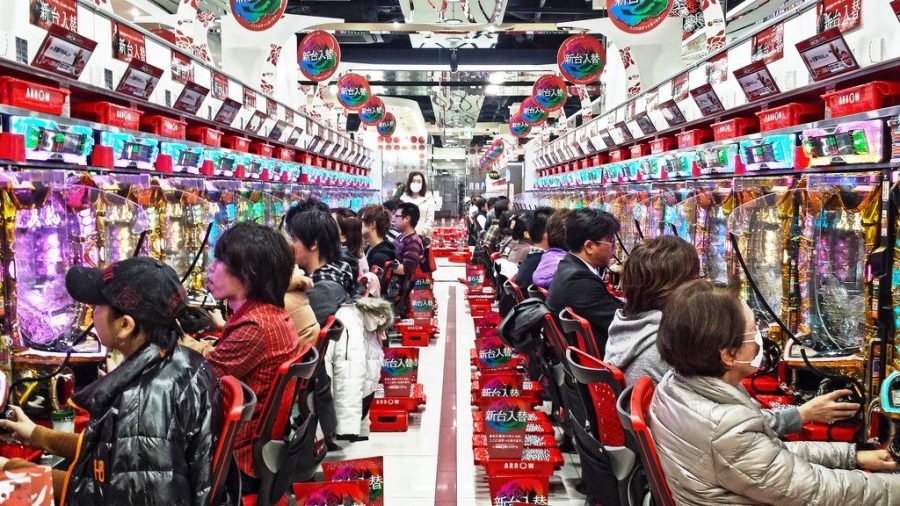A green light for casinos to operate in Japan is unlikely to have a significant impact on the gaming industry in Macau, Davis Fong Ka Chio, who heads the Institute for the Study of Commercial Gaming at the University of Macau (UM), said this week.
Fong made the remarks in an interview on Wednesday in his office on the UM campus in Hengqin.
The lower house of Japan’s bicameral parliament on Tuesday passed a bill to lift the country’s longstanding ban on casino operations in the world’s third-largest economy.
The bill, called the Integrated Resorts Promotion bill, is expected to be passed by the upper house, which is also controlled by the ruling Liberal Democratic Party (LDP), later this month.
Japanese Prime Minister Shinzo Abe has pushed for casinos to be legalised since he took office four years ago, with the aim of helping boost the economy.
Fong pointed out that it will take at least three or four years for casinos to start opening in Japan, as the bill merely refers to the intention of allowing casinos into the country, which will then require further pieces of legislation for more detailed laws – such as regulating the way casinos are taxed, who will be allowed to gamble, and the size of the gaming industry.
Fong said the extent to which Japan’s future gaming industry will have an impact on Macau’s gaming sector would depend on the planned size of the sector by the Japanese government and how many casinos would be allowed to operate.
Fong said it was very likely that only several gaming resorts will be allowed. If that’s the case, it would not be a big threat to Macau’s gaming sector, Fong said.
Fong also said experience showed that the opening of new casino resorts in neighbouring countries, such as Cambodia, the Philippines and Vietnam, had attracted some foreign gamblers as they wanted to try out new places.
Fong said he also expected the opening of new casinos in Japan to attract some foreign gamblers, but in the long term gamblers would prefer playing the tables in gaming destinations that they feel familiar with.
Fong said studies showed that whether gamblers are accustomed to a place is the key factor for them to choose to go there regularly to gamble, particularly high-stakes gamblers.
“The more gamblers are familiar with a particular environment – such as language and food – the more they feel relaxed about gambling there,” Fong said.
“In the long term, gamblers will return to Macau as their regular gaming destination, after they have visited other places and gambled there, where they think the food is not very suitable for them and they don’t speak the [local] language,” Fong said.
“Macau is a place where gamblers [from the mainland] feel comfortable, because there is no language obstacle. There are various kinds of restaurants and cuisines in the city, where public security is also good,” Fong said.
“I don’t think Japan will be a great threat to Macau as a gaming destination,” Fong said.
Fong said that apart from VIP gamblers, mass-market gamblers were also familiar with Macau and preferred to gamble here.
Fong said some individual travellers from the mainland visiting Japan could be expected to have a look at Japan’s casinos while sightseeing there. He said it would be unlikely that mass-market gamblers would choose to visit Japan instead of Macau, namely if their main purpose is to gamble.
“If you like gambling, there are lots of choices in Macau…I don’t think there will be differences between a baccarat table in Japan and Macau,” Fong said.
However, Fong said that if a large number of gaming resorts would be allowed to operate in Japan, the situation could turn into major competition for Macau, to which the city needed to “prepare for a rainy day”.
Fong said that if Japan decided to develop its gaming sector in a “massive” way, Macau would need to boost its competitiveness in response.
Fong was quick to add it was unlikely that Japan would opt for massive development of its gaming sector – like the way Macau has been doing over the past decade or so.
(Macau News / The Macau Post Daily)






